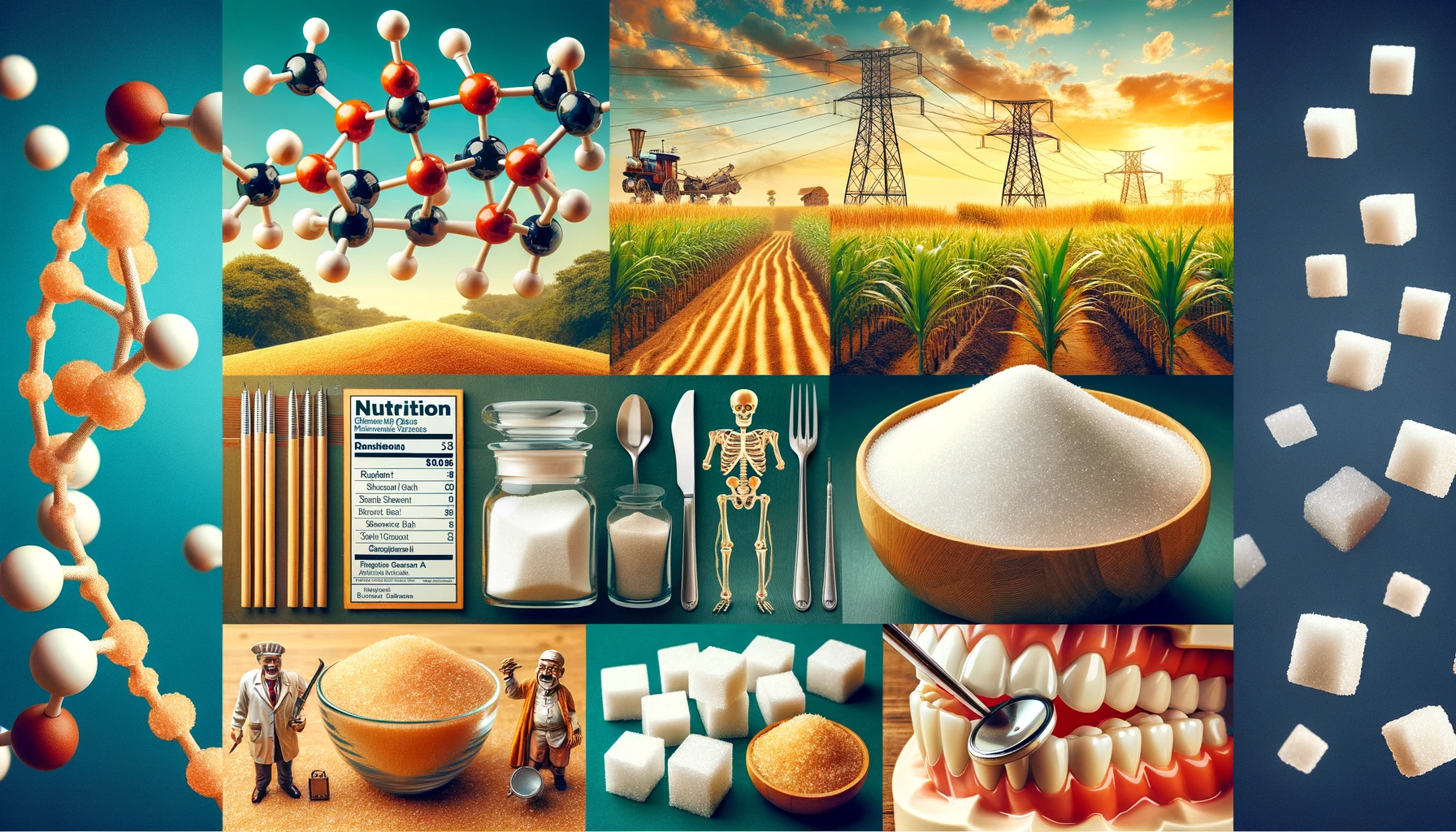Introduction
Acne is a common skin issue that affects millions of people worldwide. While there are various factors contributing to acne, diet plays a crucial role, and one ingredient that often comes under scrutiny is sugar. In this article, we will delve deep into the relationship between sugar and acne, exploring the science behind it and offering practical tips on managing your sugar intake for healthier, clearer skin.
Understanding Acne
Before we dive into the sugar-acne connection, it’s important to understand what acne is and how it develops. Acne is a skin condition characterized by the presence of pimples, blackheads, and whiteheads. It occurs when hair follicles become clogged with oil and dead skin cells, leading to the growth of acne-causing bacteria.
The Sugar-Acne Link
- The Glycemic Index and Acne
- The glycemic index (GI) measures how quickly a carbohydrate-containing food raises blood sugar levels. Foods with a high GI, like sugary snacks and processed foods, can lead to rapid blood sugar spikes.
- Elevated blood sugar levels trigger the release of insulin, a hormone that stimulates the production of sebum (skin oil). Excess sebum can clog pores and contribute to acne.
- Inflammation and Acne
- Sugar consumption can lead to chronic inflammation in the body. Inflammation is a key factor in acne development, as it can aggravate existing pimples and create an environment conducive to new breakouts.
- Excessive sugar intake can also lead to insulin resistance, further promoting inflammation and worsening acne.
- Hormonal Imbalance
- Sugar can disrupt hormone balance, particularly insulin and insulin-like growth factor 1 (IGF-1). These hormones play a role in the development of acne.
- High levels of IGF-1 can stimulate the production of skin cells and sebum, increasing the risk of pore blockages and acne.
Managing Sugar for Clearer Skin
Now that we’ve explored the sugar-acne connection, here are some practical steps you can take to manage your sugar intake and improve your skin health:
- Choose Low-GI Foods
- Opt for foods with a low glycemic index, such as whole grains, legumes, and leafy greens. These foods have a slower impact on blood sugar levels.
- Limit Added Sugars
- Reduce your consumption of sugary snacks, sodas, and processed foods. Check food labels for hidden sugars, as they can contribute to blood sugar spikes.
- Opt for Natural Sweeteners
- When sweetening foods or beverages, choose natural alternatives like honey, stevia, or maple syrup in moderation.
- Stay Hydrated
- Drinking plenty of water can help flush toxins from your body and keep your skin hydrated, reducing the risk of acne breakouts.
- Balanced Diet
- Focus on a balanced diet rich in fruits, vegetables, lean proteins, and healthy fats. This can help stabilize blood sugar levels and promote overall skin health.
Conclusion
Understanding the relationship between sugar and acne is essential for anyone seeking clearer, healthier skin. By making mindful choices in your diet and reducing sugar intake, you can take proactive steps toward minimizing the ingredients that contribute to acne. Remember, a holistic approach to skincare includes not only external treatments but also what you put into your body.
